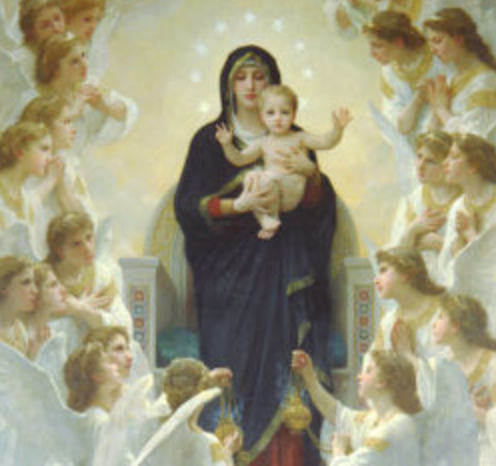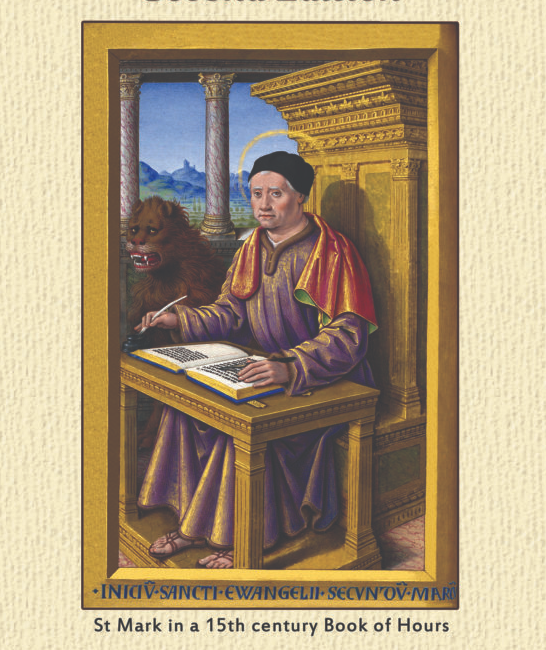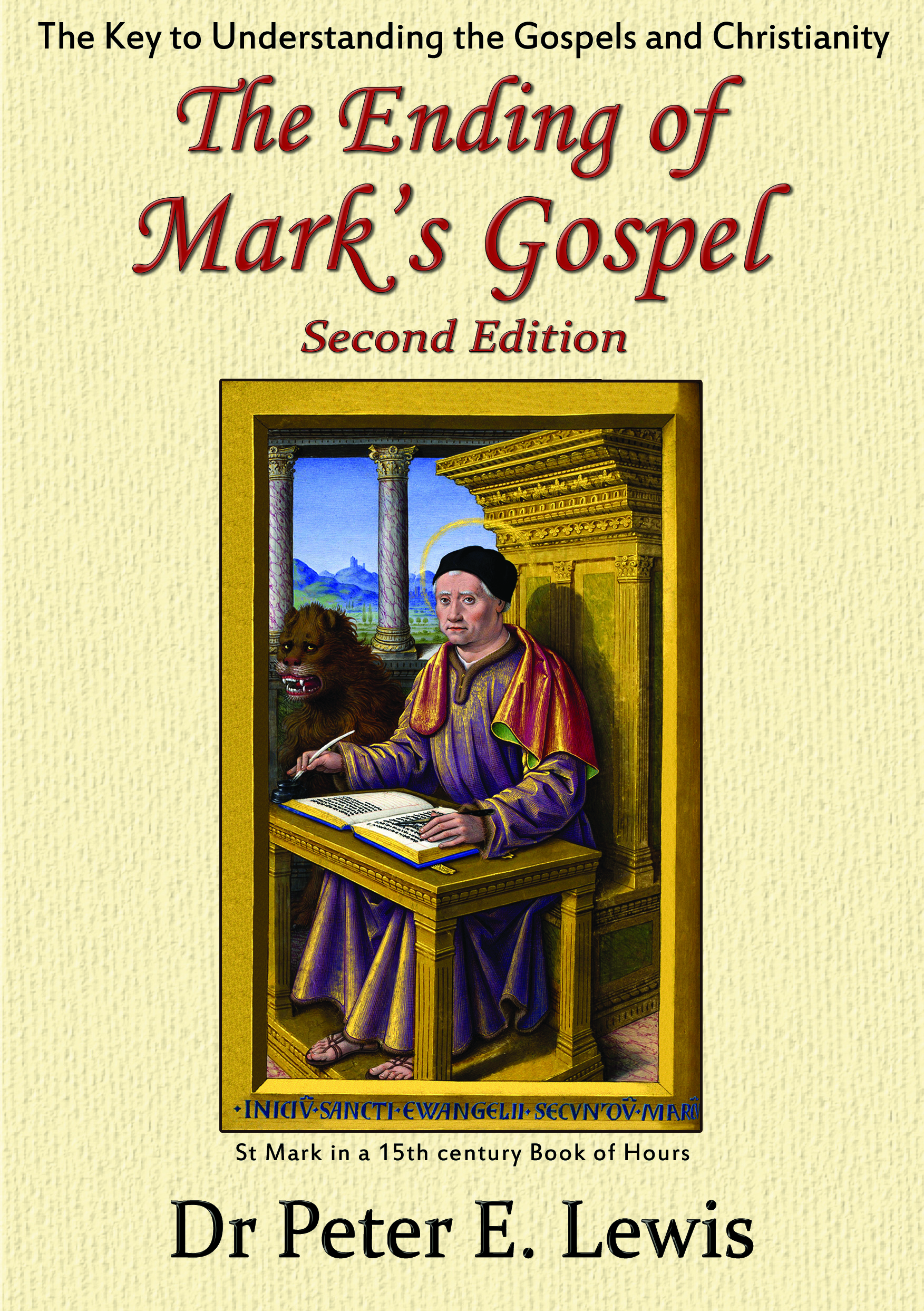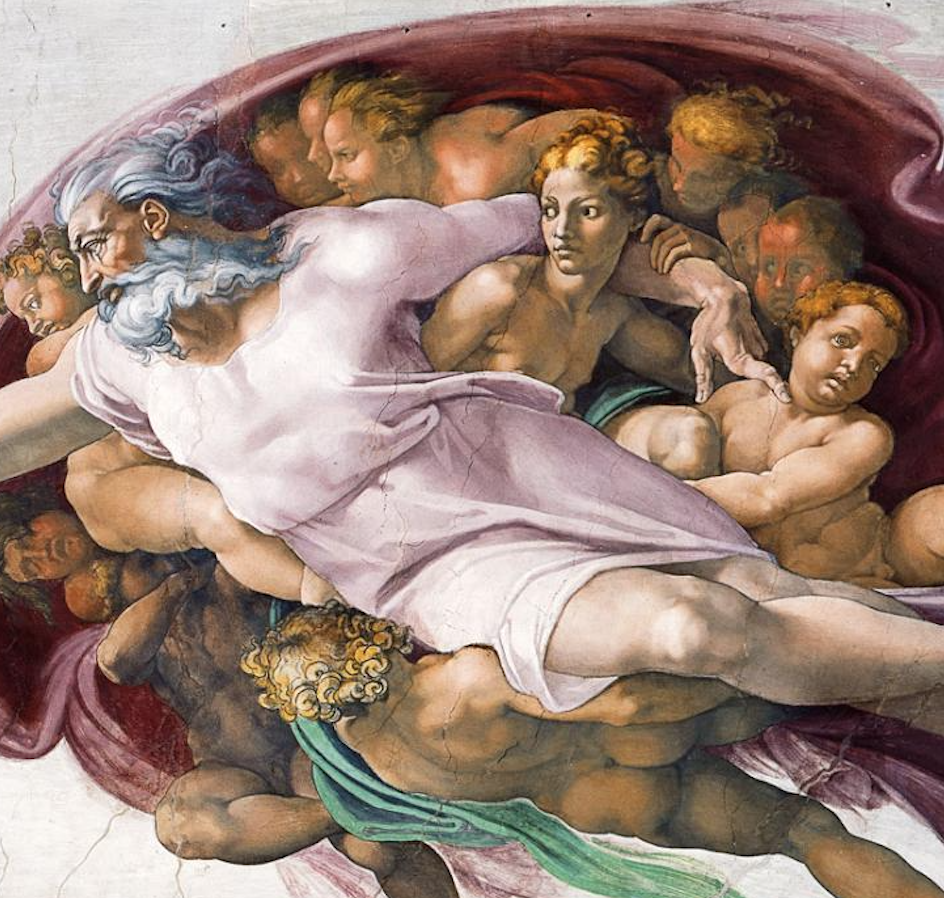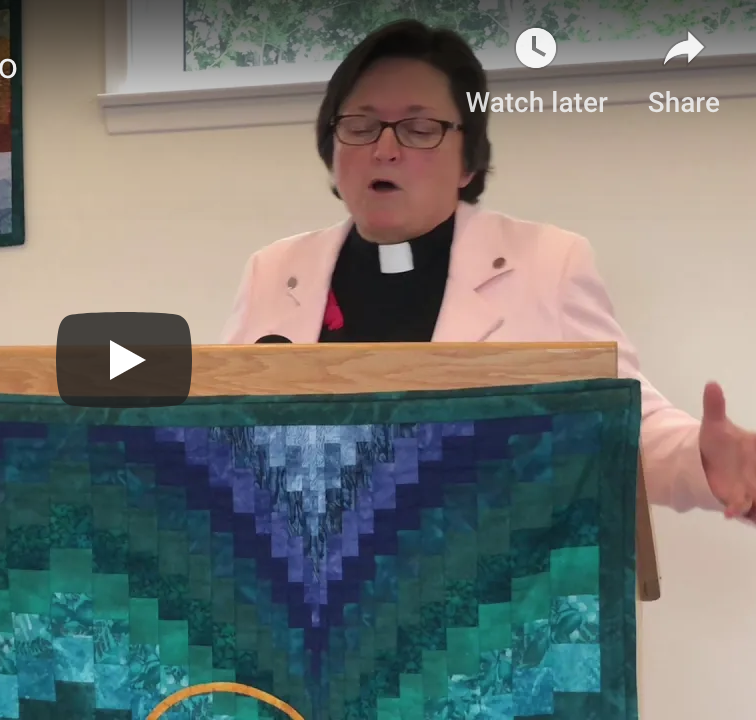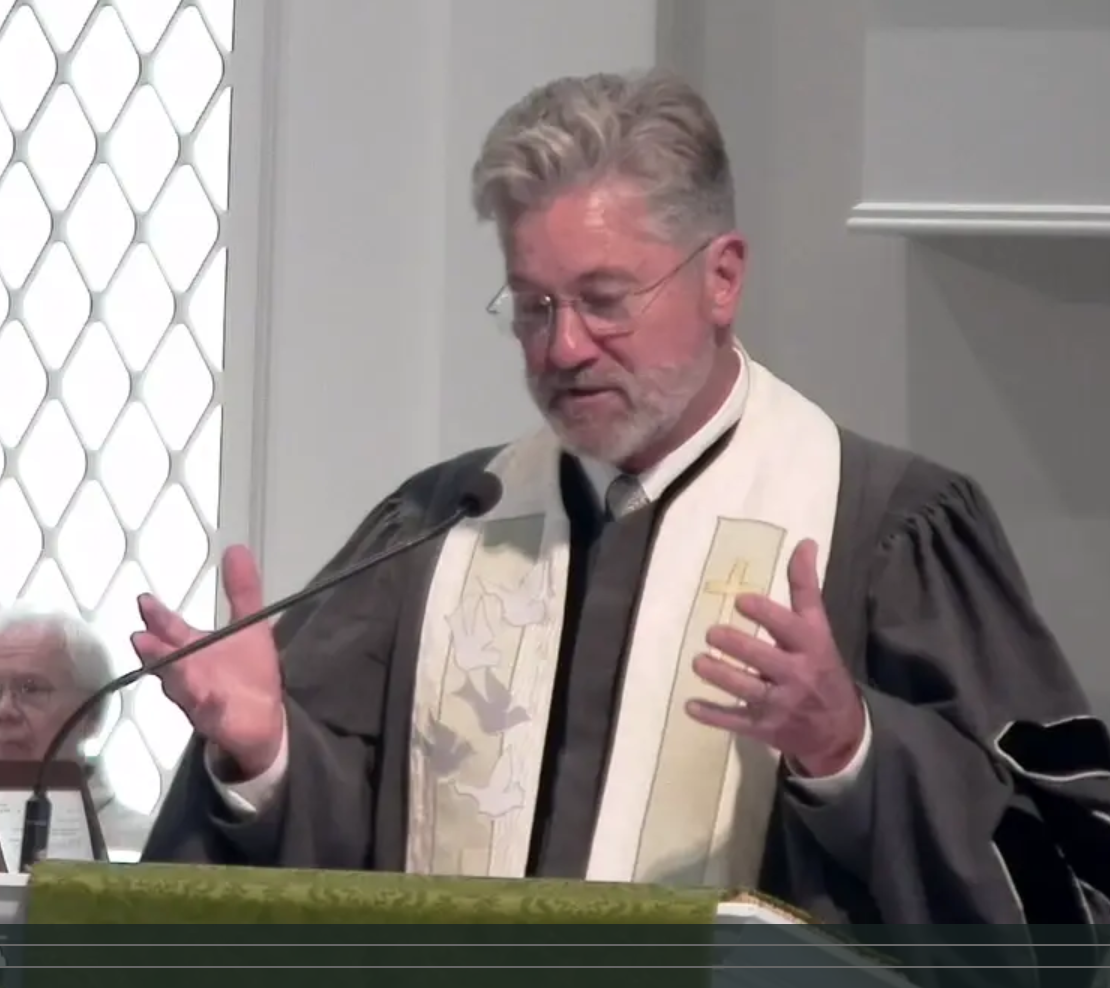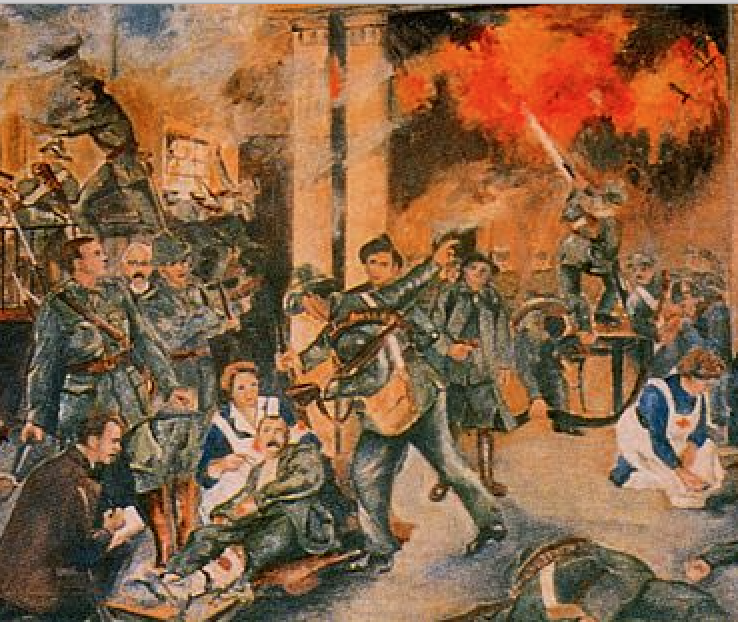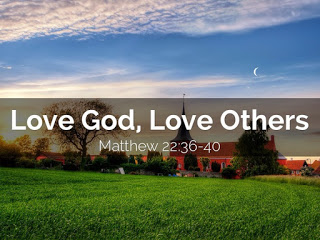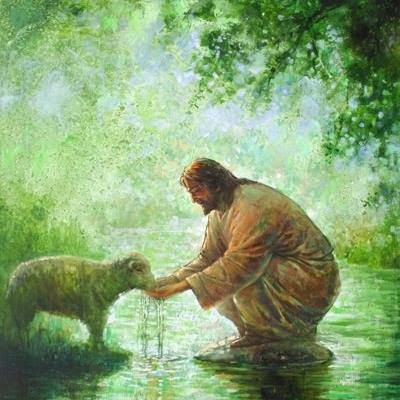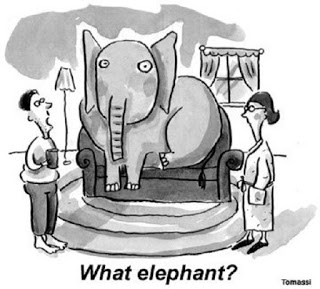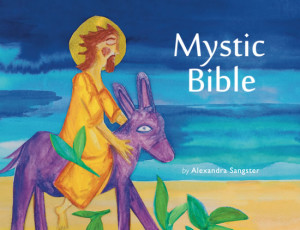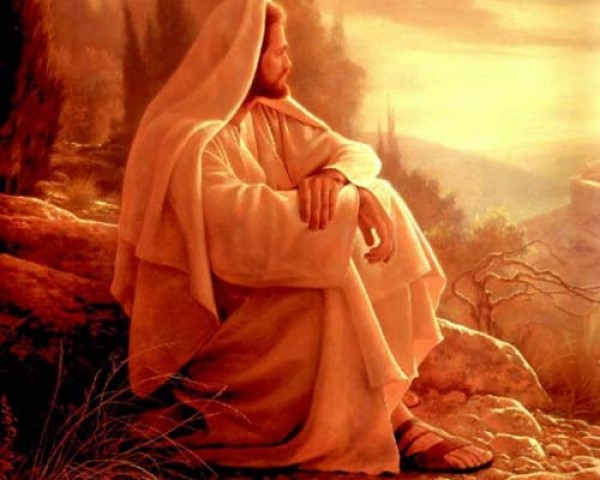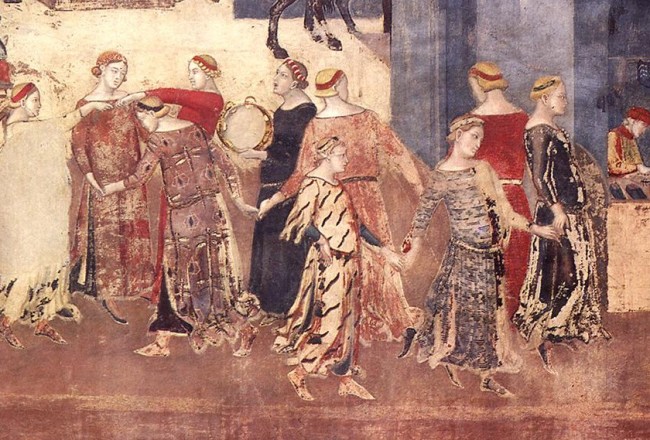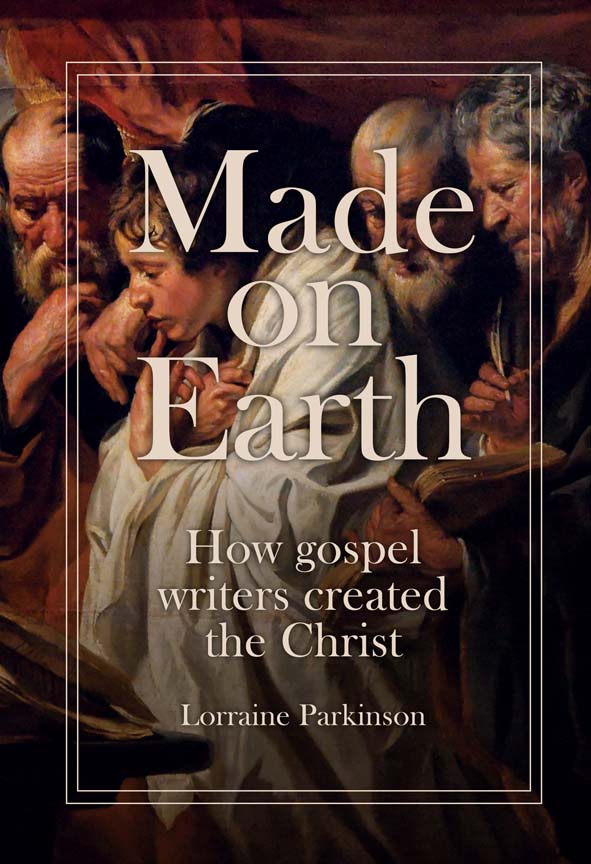Why “What’s Fair Is Fair” is a Dead-end Destination
We live in a world of what I sometimes describe as disproportionate parity, where the ancient version of justice (lex talionis) that’s still widely practiced today provides justification for an excessive retaliatory response.
For context to the comments to follow, it is suggested one read Matthew 13. Verses 1-8 are deemed to likely be attributable to the historical Jesus; while verses 18-23 are an interpretation and application by Matthew’s early church community.
The Second Coming of Christ is an erroneous idea that developed among Christians in the last third of the first century AD. It weakened the assurance that the first Christians had that the kingdom of God had come.
A Puzzle for the Christmas Season
Christmas presents us with an intersection of religious and secular stories that come from and come with a mixed bag of fact and fiction
This isn’t an easy story — it is especially hard to avoid the pitfalls of any Christian preaching about the destruction of the Temple (I pray I didn’t contribute to those anti-Semitic interpretations!). But I think it is one of the most important stories in Mark, a short section of verses that help make sense of the entire gospel.
What has always “tainted” mankind and kept people from living ethical, inclusive, and caring lives? The answer is what drives our contemporary enormous cultural divide: Bad choices often rooted in tribal-based anger and hatred.
Mark wrote his gospel in Rome in about 52 AD. Such an early date is very much a minority view these days, but the more I investigated the matter the more convinced I became. The date is important because if Mark wrote only about twenty years after Jesus’ crucifixion it supports the essential truthfulness of his account.
The Key to Understanding the Gospels and Christianity
Scholarship and determined exploration of ancient sources for the canonical gospel of Mark has brought great rewards for the writer and readers of The Ending of Mark's Gospel.
The framework of ancient virtue theory, with its emphasis on character and the life of each human being as a whole, also formed a backdrop for the Synoptic Gospels. It is against this background that the figure of Jesus can be analyzed as an exemplar of the ideal moral person.
I’ve always heard that Jesus’ ministry was three years long. Now I hear that it was only one year. How does something like that change?
Restoration of a Vision from the Christian Faith Tradition
What might constitute an adequate improvement to the world order? This commentary constitutes an exploration of this pesky, perennial question about "a better world" from the vantage point of one faith tradition, and in contemporary context. Its intention is not to offer novelty or any new revelatory insight, but rather to remember and restore a perspective that lies at the heart of a biblical gospel tradition; based on the teachings of a pre-Easter human Jesus.
The anonymous gospel storyteller that we call Mark, provides us with the shortest of the four gospels — just 16 brief chapters. But don’t let that fool you. The writer of this account of the life and times of Jesus of Nazareth packs more action into his short gospel than any of the racy novels, spy thrillers, mystery novels or tell all biographies that you can find today on Amazon. Today’s reading occurs barely half way through our anonymous storyteller’s account of the life, death, and resurrection of Jesus and already Jesus has: been baptized in the river Jordan and been tempted in the wilderness by the evilest of villains, Satan himself.
This Sunday Rev. Meyers preaches from the Gospel according to Mark, chapter chapter 8 verses 27 thru 38, a passage known as "Peter's Declaration about Jesus." Recorded Sunday, Sept. 16, 2018 from the pulpit of Mayflower Congregational UCC Church in Oklahoma City.
Did you ever read something in the Bible and wonder what you just read? So, you read it again. It still makes no sense. You try again. Nothing. Here’s an example from Matthew 21:18–19. Jesus arrived in Jerusalem and was hungry. He saw a fig tree, but he went to it, he found no fruit, only leaves. Jesus said to the tree, “May no fruit ever come from you again!” And the tree “withered at once.” Huh?
Today we have large numbers of people who say they are spiritual but not religious. They are not interested in a ‘feel good religion that promises heaven.’ They want to be involved in making the world a better place and are tired of a religion that often comes across as bigoted and judgmental rather than accepting others in love and advocating justice for all.
Jesus rises up whenever the conspiracy of love rises up, whenever compassionate and courageous acts of the kingdom of God are present, whenever the reign of love is made manifest in this life. Following Jesus is a response to his call to establish justice and peace in the world.
Part 4 of the series, What Makes a Christian?
Sometimes our greatest breach with Scripture is not when we outright contradict it--it's what we choose to prioritize, diminish or outright ignore. There is a time for everything under heaven (Ecclesiastes 3:1). We need to put first things first and second things second. Much of Christianity focuses on salvation plans and doctrinal ideas.
I recently heard a Christmas Eve sermon titled “Mary Had a Little Lamb,” recited entirely in rhymed couplets and delivered without a manuscript. Running for nearly eleven minutes, it was quite a remarkable feat.
Part 2 in Series: What Makes A Christian?
It is amazing how often we fail a most basic mark of the faith. It is a downright scandal how rarely it is preached. It's questionable how directly our religious and moral practices stem from it. Yet if we believe the direct words of Jesus Himself--you know, God--the very ability of others to recognize our Christian identity is dependent on how we follow this. We gather in churches. We have elaborate worship and praise. And yet we barely give lip service to the first and foremost of the commandments. When we do, it is often to give exceptions--No, Jesus didn't really mean that. . . I'm talking about the Greatest Commandment--love God and love neighbor. Abundantly.
Part 1 of the series, What Makes a Christian?
In John 13:34-35, Jesus states that our very public witness of our Christian identity itself depends on whether or not we love one another. Otherwise, people will not recognize that we are indeed Christians. Jesus tells us to follow his example. Jesus not only gives the commandment to love, but also states that His life has modeled this love.
The Mystic Bible is perfectly balanced on the progressive spectrum, meaningful for people who are deeply connected to the stories of the Bible, mystical and poetic, and yet innovative and theologically progressive.
As Christian people we all too often pay lip service to the fact that the political and religious context in which Jesus lived, thought and died, was one of economic, political and military domination by the Roman Empire. We also often fail to realise that this was also both the context in which the Christian scriptures were written and the life and death of Jesus was interpreted. Failure to understand these Jewish contexts leads Christians and the Church to misinterpret the underlying message and meaning of the life and death of Jesus the Jew of Nazareth. Whether we like it or not, I am convinced that Jesus had a political agenda as well as an agenda of compassion.
As we prepare for Easter, this Season of Lent offers us an opportunity to reflect again upon how we experience Yahweh God and how we live our lives of servant hood - not as doormats to be trampled under foot but as true servants of Yahweh God who proclaim by our lives that Jesus is our Way, our Truth and our Life. Lent offers us the opportunity NOT to give up but to give more of ourselves in the service of others and in the causes of justice and peace. May this Season of Lent have real meaning for each one of us.
Written by Rev. Irene Laudeman
This service is appropriate for a small congregation of 20-60 people. The service is conducted in two settings:
NEW TITLE RELEASE 21st January 2016
In this book Lorraine Parkinson sets out compelling reasons why the gospels may be found to have been ‘made on earth’. She builds a strong argument that each gospel was written to make a distinct case for Jesus as the Christ. She presents detailed evidence that the Christ of the gospels is the creation of Mark, Matthew, Luke and John, plus later editors. The sub-text of this book contends that by including teachings of Jesus alongside claims for him as Christ, gospel writers bequeathed to Christianity two contradictory gospels – the gospel of Jesus and the gospel about Jesus.
Taking time to be in stillness is important for physical and mental well-being, and it is absolutely vital if we want an inner experience of spirit. It is not easy to quiet the storms of excitement and learn to be comfortable with stillness. Providing opportunities to practice is a priceless gift we can give children.
There is abundant love within each of us, but even when we try to act as messengers of love in the world, we often mess up the message. Like the old game of telephone, where a message is passed along and completely mixed up by the time it reaches the end of the line, we mix up divine love with our own desires, confusions, and misunderstandings and end up hurting one another. Then we must forgive. Getting children to say the words, “I forgive you,” is not enough. True forgiveness is inward and will actually remove the hurts we have from our hearts, like pulling weeds in a beautiful garden. Forgiving is not simply a gift we give someone who has wronged us, either; it is a step in our own spiritual growth that will enable our hearts to blossom as intended.
When we exclude others, we refuse to relate to realities different than our own, and we keep our experience defined in a way that is comfortable and familiar. If we want children to be inclusive, we have to help them redefine their experiences in a broader way. For instance, if older children exclude a younger child from a ball game because she can’t catch the ball, we can guide them to give her a special job that makes her feel part of the game. Finding a way to include her will expand their limited thinking. Scolding them for excluding her will most likely make them resentful, which leads to closing the heart. Accepting and coping with outward differences is an important step toward opening the heart to others. But to really include others in our reality, we must understand that despite apparent differences, there is only one self, one spirit, and one true reality, underlying all that is. The more children experience their own spiritual nature, the more they will recognize the one spirit in all.
I was . . . suddenly so uncomfortable with the words I have always known to say during communion




